On Friday the 24th of January the ‘Youth Shaping Democracy’ conference took place in The Hague. This conference was a joint effort by four Dutch political foundations (Foundation Max van der Stoel, D66 Internationaal, Bureau de Helling and the Eduardo Frei Foundation), under the umbrella of the European Network of Political Foundations (ENoP). During the conference, two panels discussed the importance of the work of the foundations and the role of youth in global politics.
The participants were welcomed and introduced to the network. Jan Marinus underlined the importance of the Network for the political foundations in the Netherlands. ENoP’s value also lies in the fact that it guards and promotes the work of the political foundations at EU level. At the same time, because the foundations are gathered in a network, they can work together to strengthen democracy abroad, as well as in their own countries.
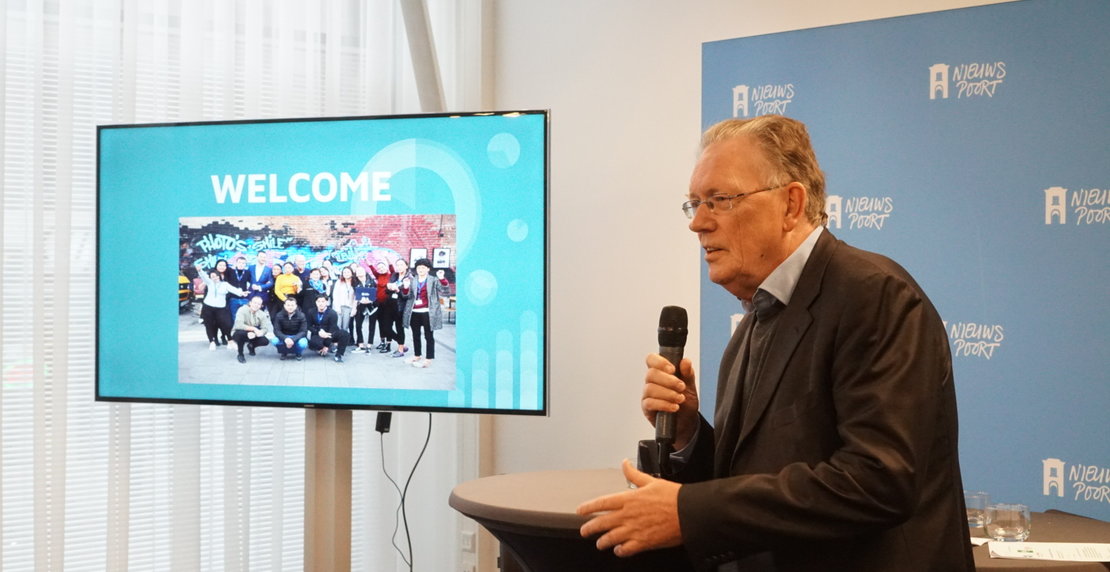
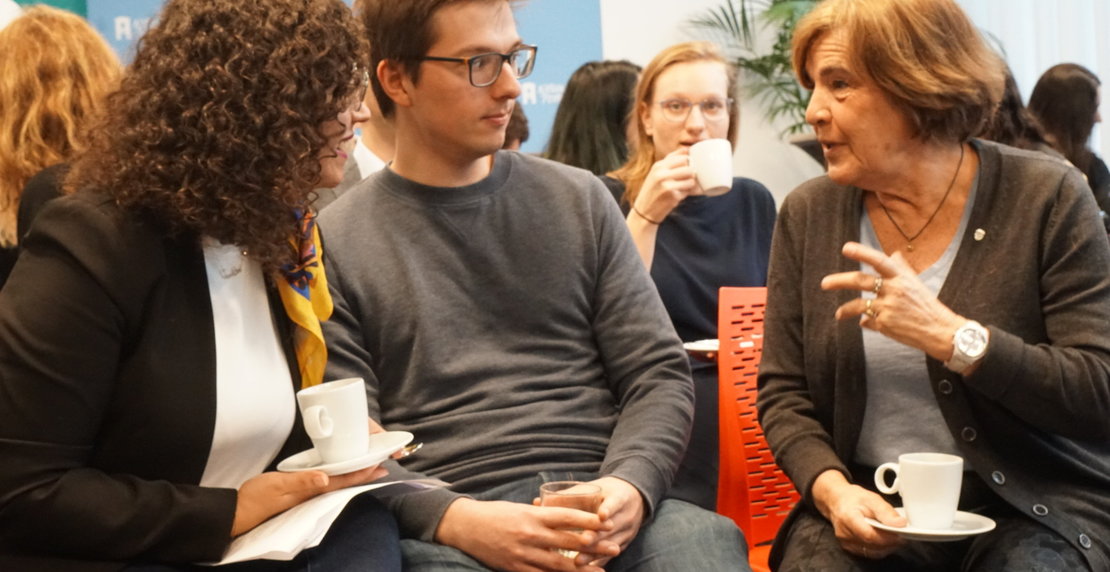
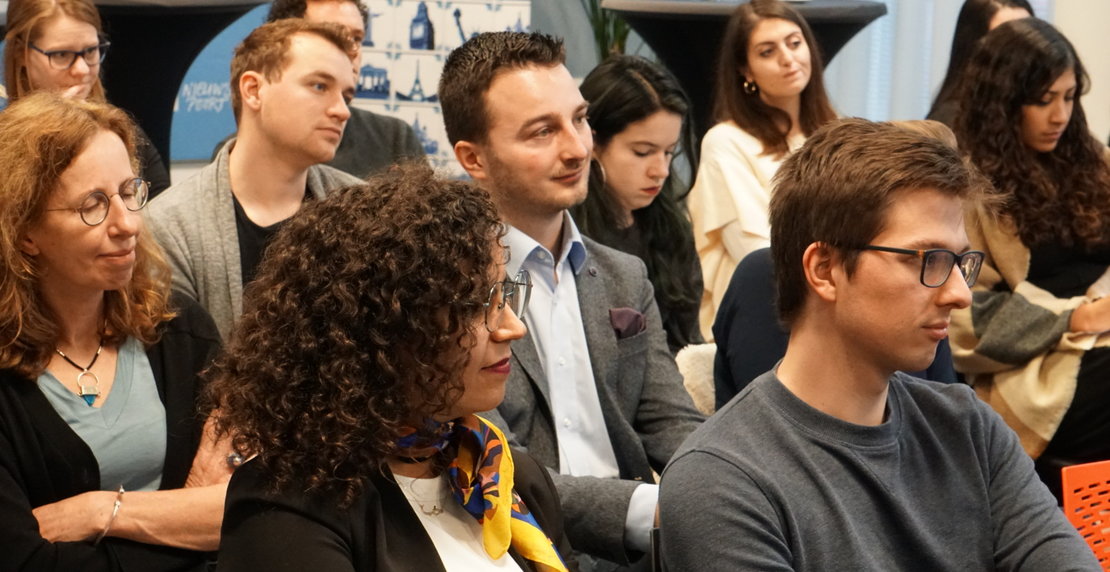
Roundtable I: Supporting youth building democracy
The panel members talked about their experiences as trainers for the political foundations. Especially the importance of working with young women was talked about. There might be cultural differences to consider of course, but almost all women experience the same when it comes to the difficulty of having yourself heard. One of the trainers used the example of ‘mansplaining’ which across the cultural differences are experienced everywhere. The trainers also talked about their motivation of the participants and what they experienced as challenging. It is challenging to get a good understanding of the context of countries the trainers went to, but making a personal connection with the participants during the training is important. The trainers all felt that they also gained a lot of insight from the trainings themselves. For instance when it comes to better understanding the sensitivities between the different nationalities in the Balkans, and the value of history. Making the connection with young people from different countries and showing them their is support for their efforts to be part of politics was an important motivation for the guests around the table.
- Moderator: Rick van der Woud (EFF)
- Panel members: Kirsten van den Hul (FMS), Monique Vogelaar (EFF), Arend Hamstra (Bureau de Helling), Alexander Scholtes (D66 Internationaal)
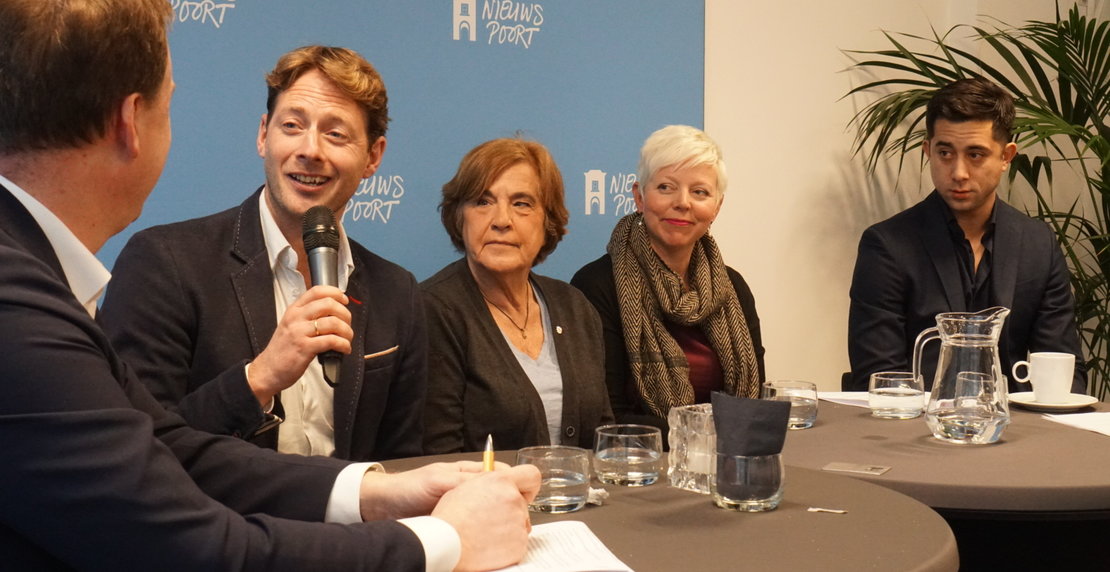
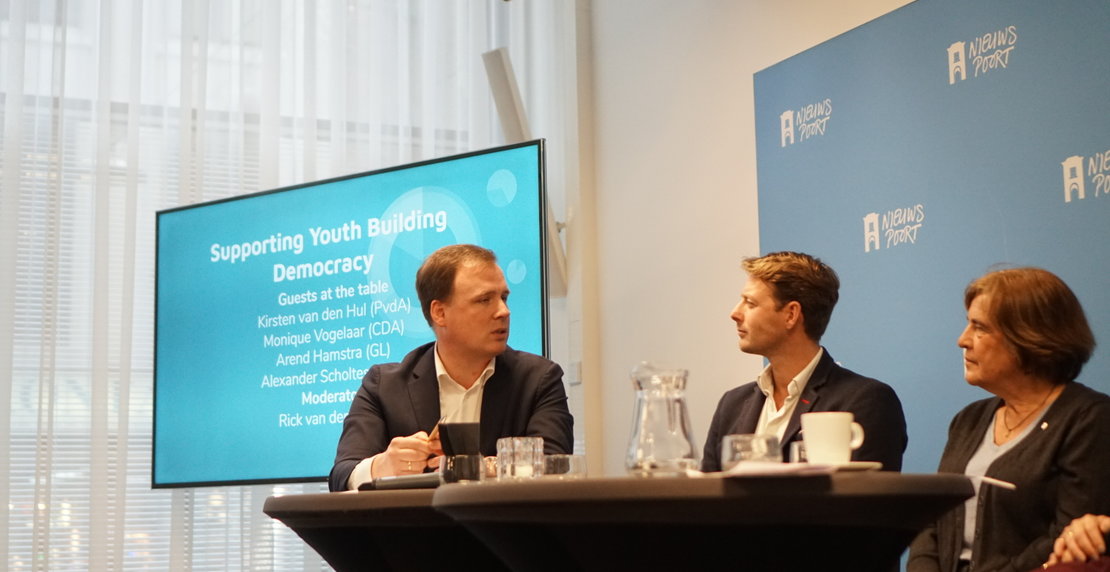
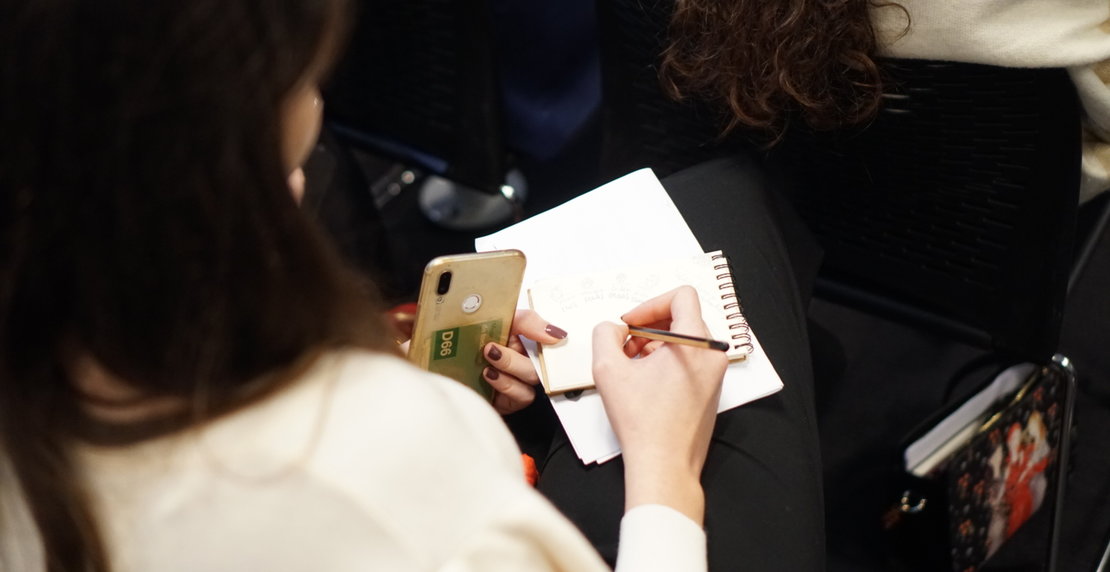
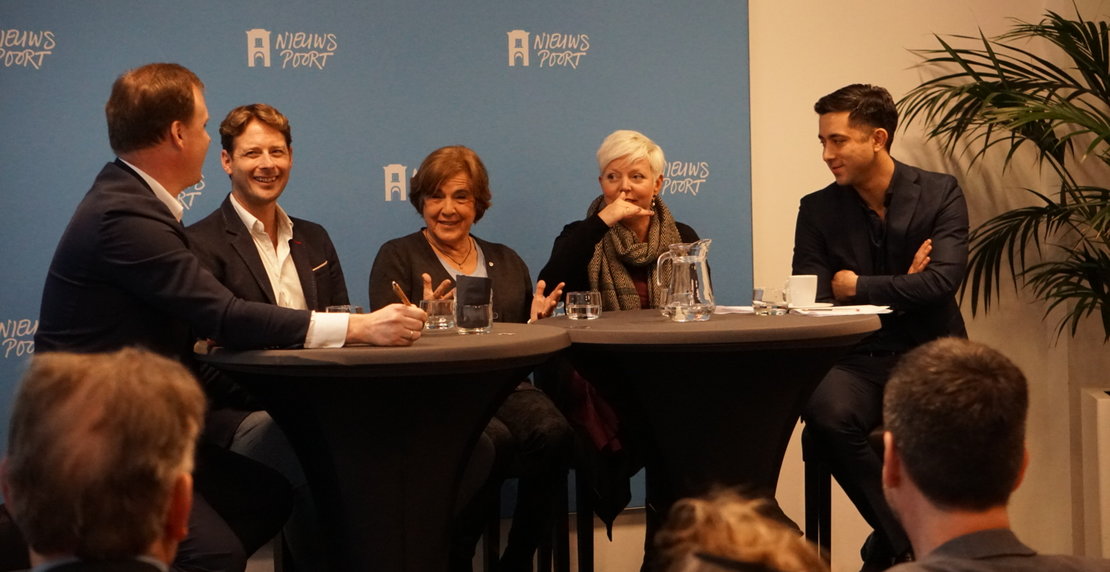
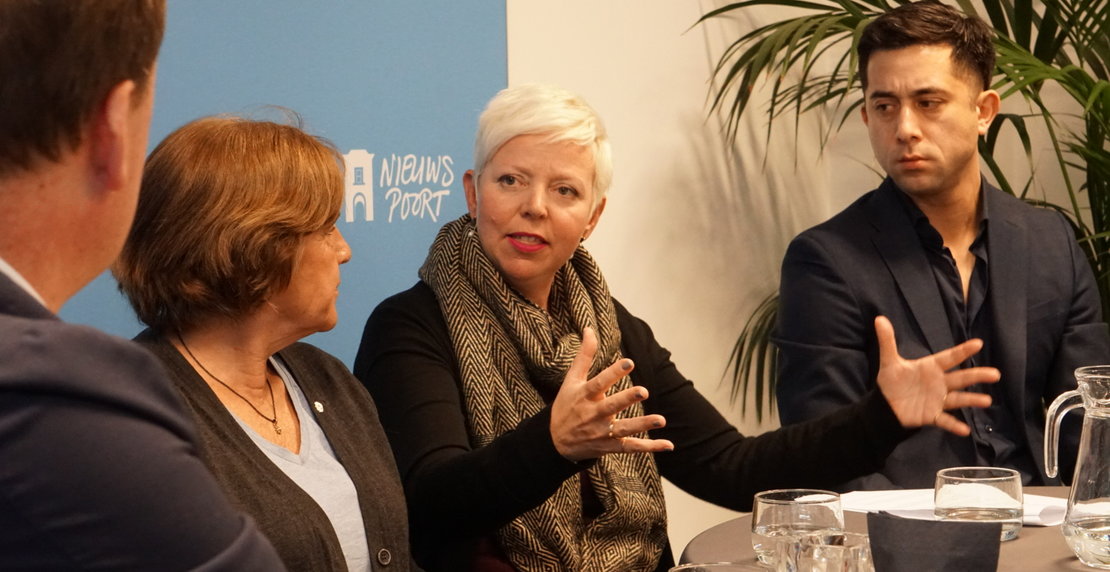
Roundtable II: Youth talking
Our foundations have trained many youngsters all over Europe and the Arabic region, of which four were invited to come and talk about why, what and how they are engaging in politics. Each person brought interesting experiences to the table, for instance on fighting against corruption. The speaker from Croatia talked about how she feels there seems to be a generation clash within the parties and that she was told not to be so idealistic. She learned, however, to respond by saying that she would not take off her pink glasses, but that she cleaned them. She was not afraid to speak out. The speaker from Lebanon stressed the importance of finding like-minded people. She did that by organizing meetings for youth about leadership for instance. Through these meetings, she created safe spaces for young people to come and exchange ideas and ideals. Claudine from Jordan then went on to talk about how dangerous politics in her country were, it has not always been easy to be part of a political party in her country. Engaging in decision making through civil society is then a strategy she used. The speaker from Morocco shared her path, of how she at a certain point decided to become a member of a political party. She asked herself at some point: ‘should I could inside to try and change something or should I stay outside and complain?’ All the speakers expressed that for them the value of the training is the skills they learned, such as debating, negotiation, presenting yourself. However, it was also important for them that the trainings gave them the space to build their own experience and to be able to work with other young people and share each other's stories.
- Moderator: Daphnie Ploegstra (D66 Internationaal)
- Panel members: Riwa Ghawi (Lebanon), Claudine Kishek (Jordan), Khaoula Hamid (Morocco), Ivana Barac (Croatia)
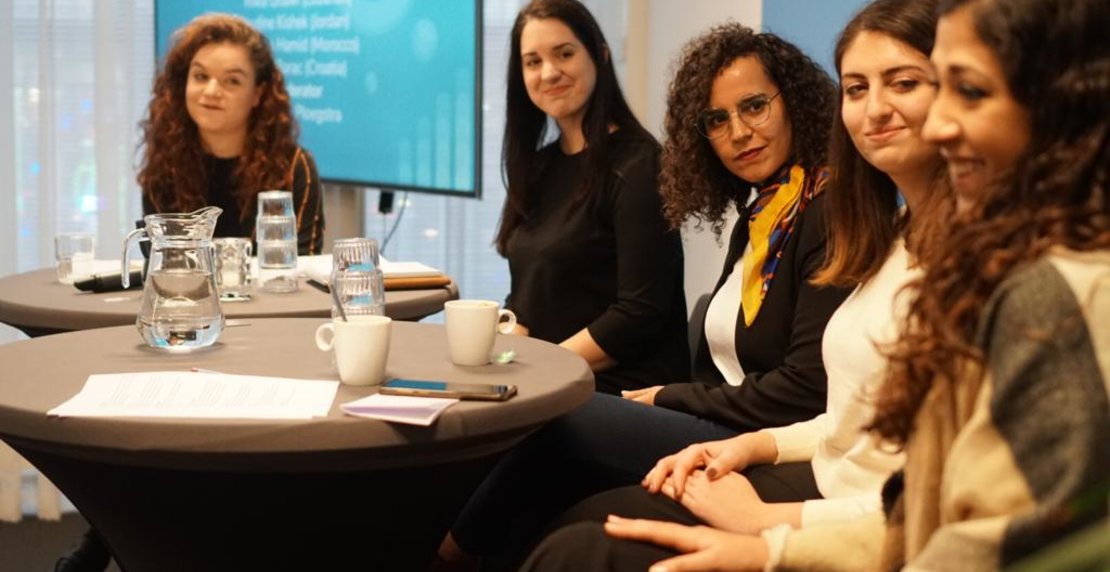
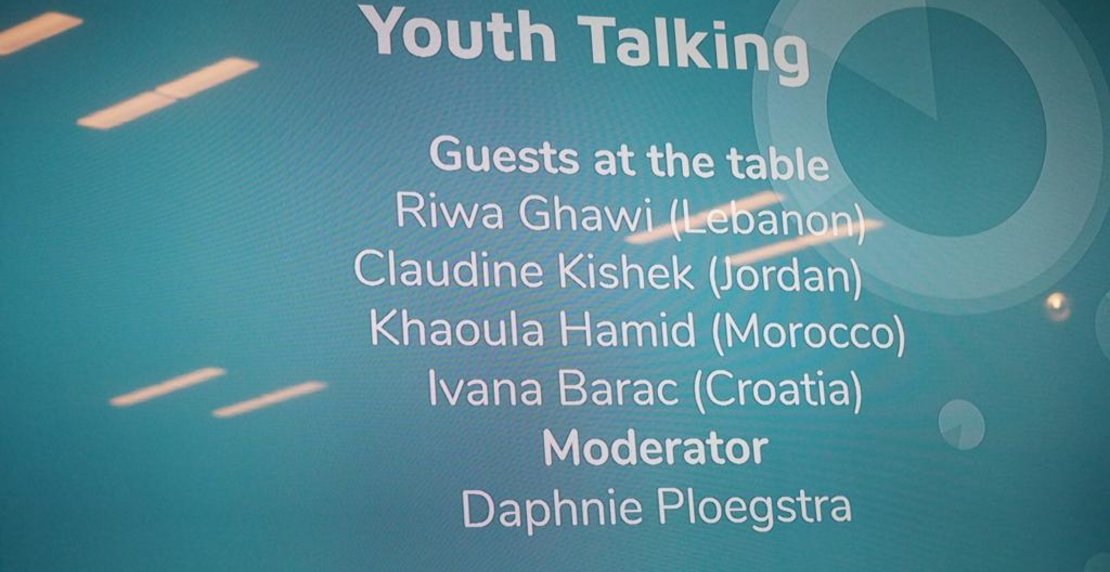
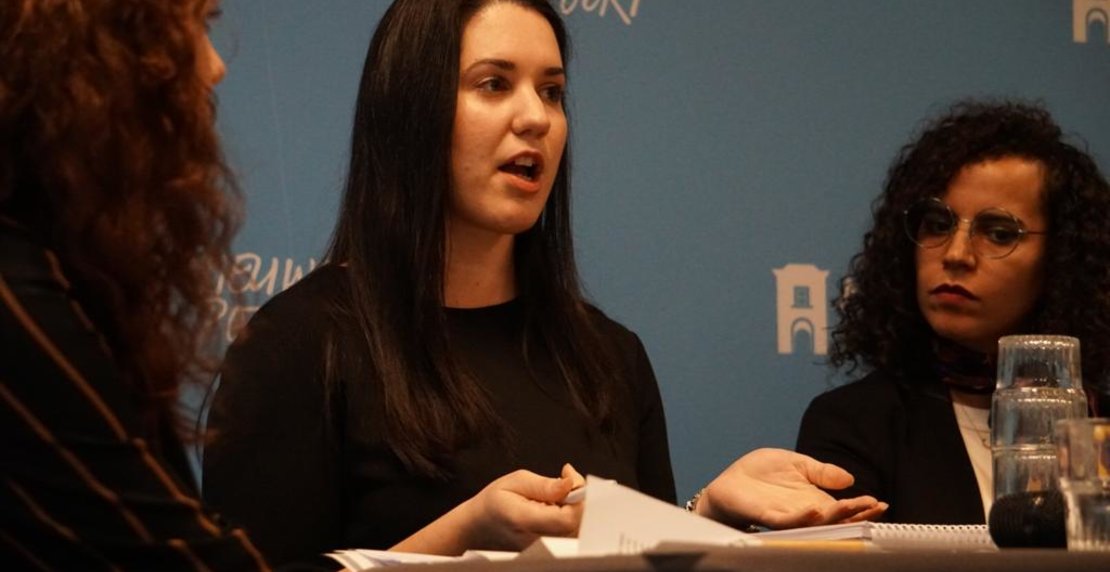
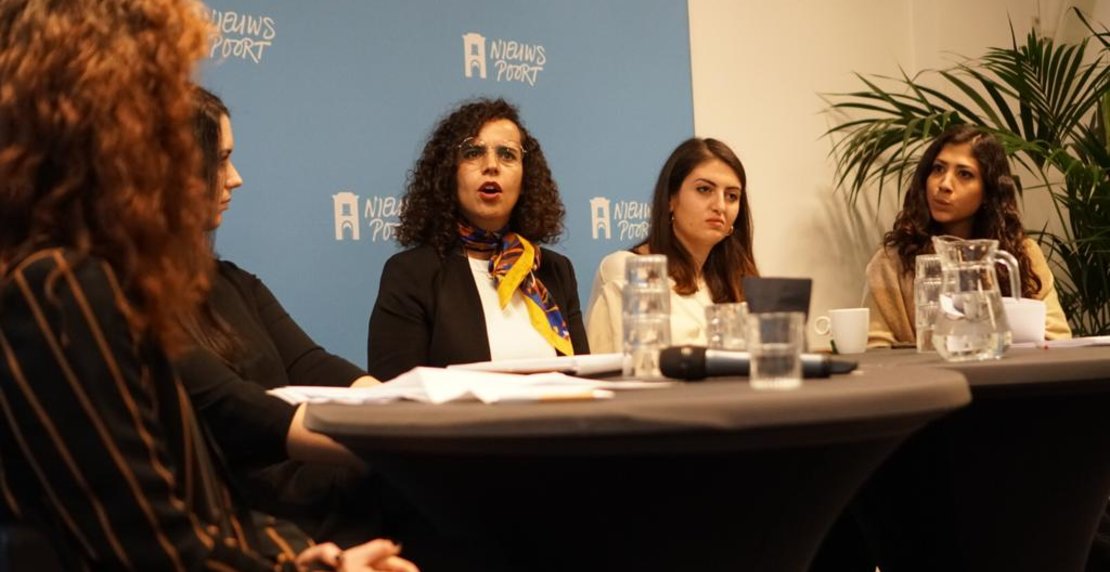
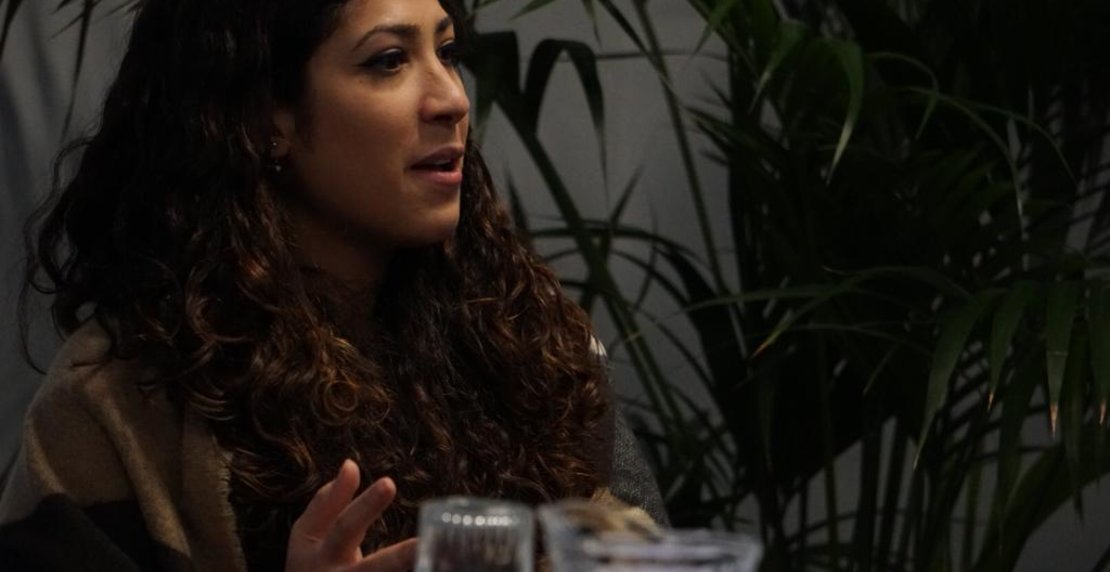
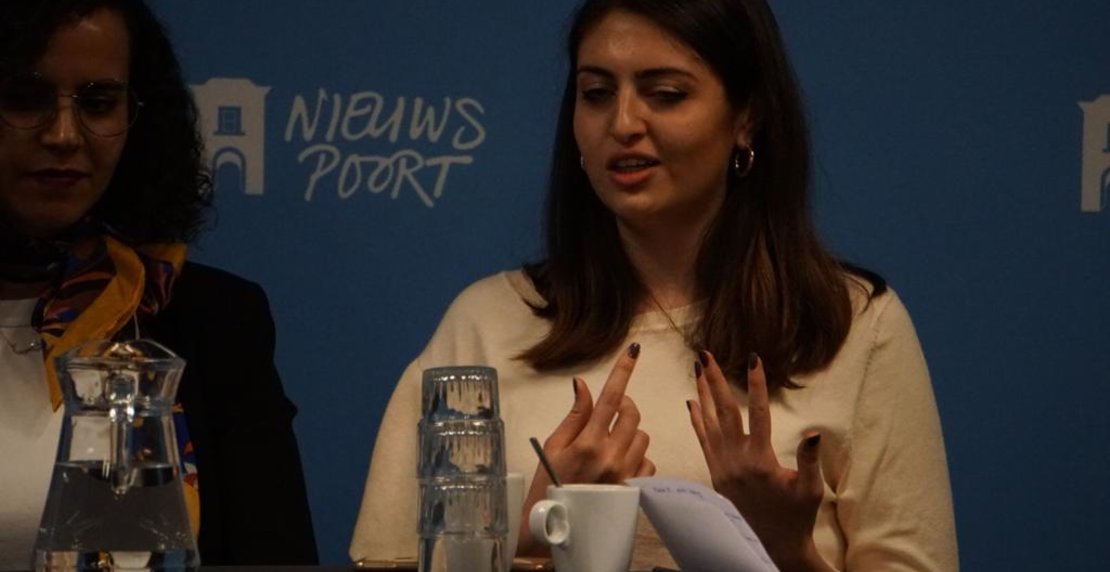
The event showed the audience the importance of the work that is done by the Dutch political foundations and the ENoP, it showed the important job that the trainers have, but most importantly, it gave a great insight into the life of young politicians from the Balkan and the MENA region. Sharing thoughts with these youngsters show us that there is still a lot of work to do, but the development these youngsters already made also marks the positive impact that international political foundations have.
